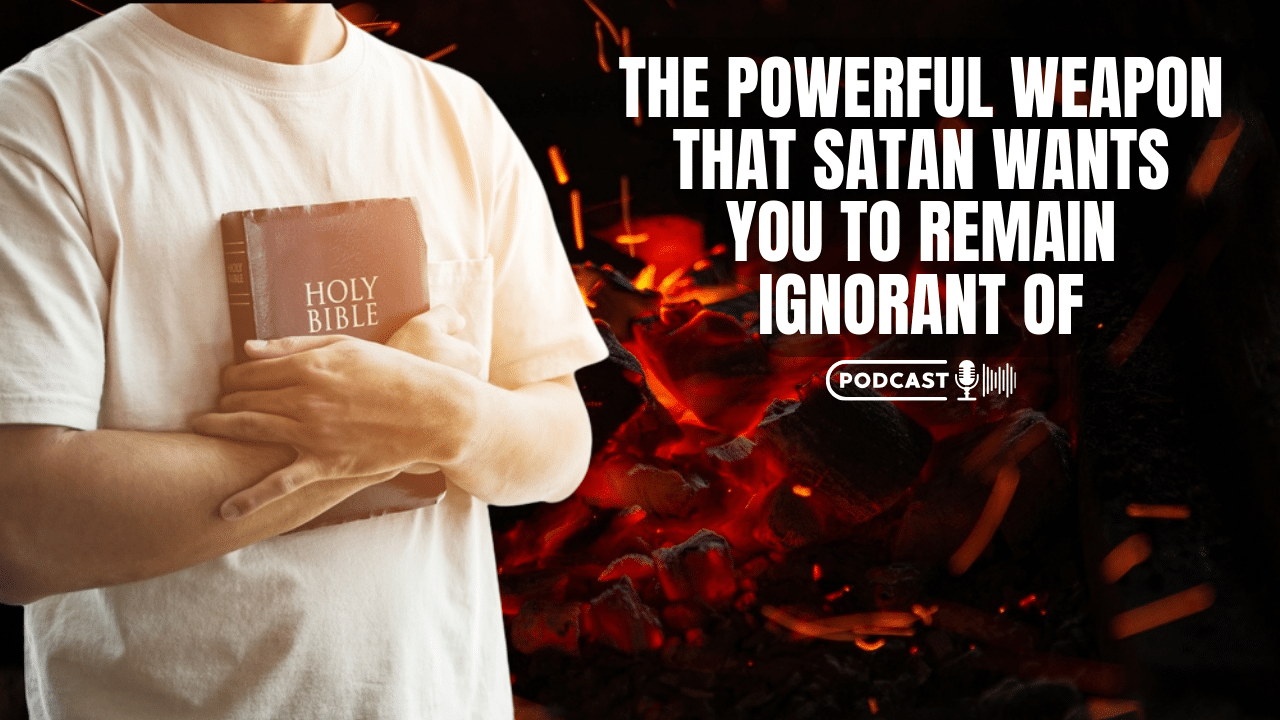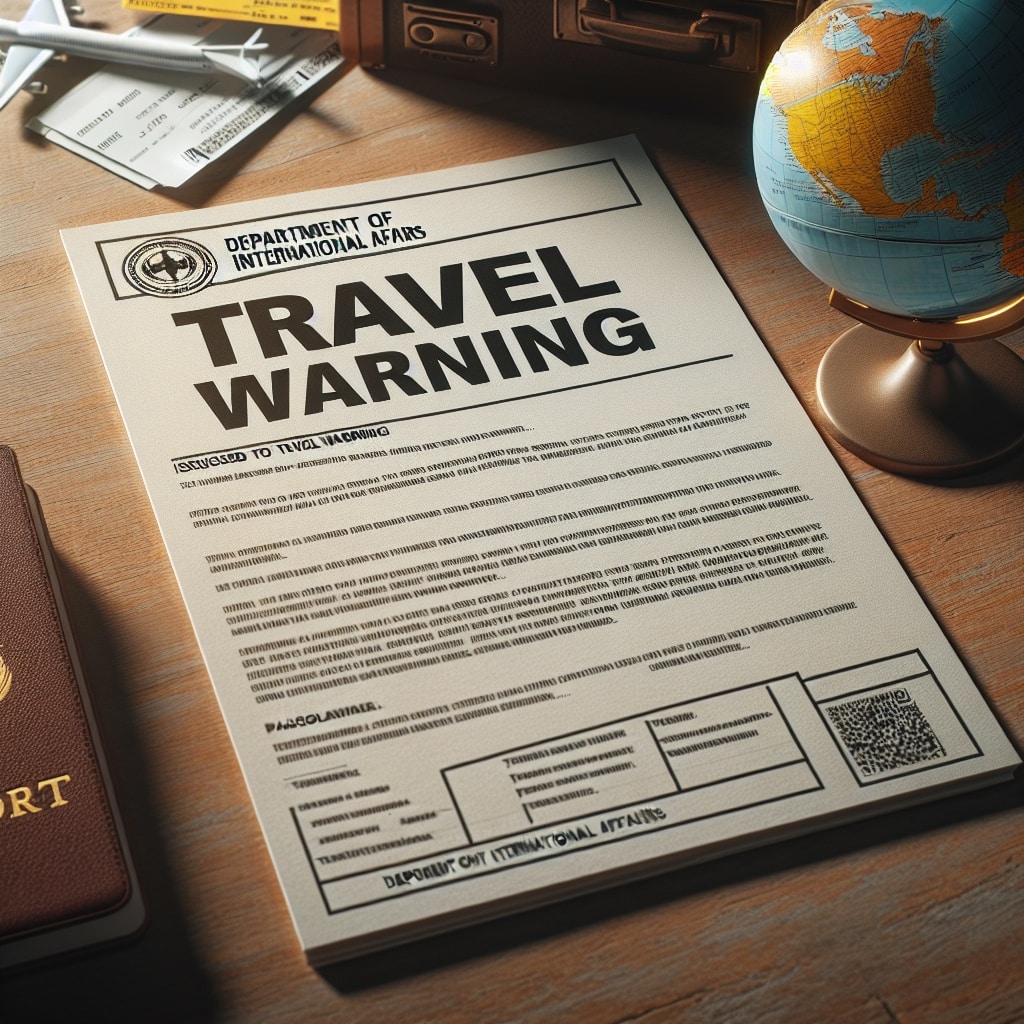In a defeat for gay rights, the Supreme Court’s conservative majority ruled on Friday that a Christian graphic artist who wants to design wedding websites can refuse to work with same-sex couples.
One of the court’s liberal justices wrote in a dissent that the decision’s effect is to “mark gays and lesbians for second-class status” and that it opens the door to other discrimination.
According to the AP, The court ruled 6-3 for designer Lorie Smith despite a Colorado law that bars discrimination based on sexual orientation, race, gender and other characteristics. Smith had argued that the law violates her free speech rights.
Smith’s opponents warned that a win for her would allow a range of businesses to discriminate, refusing to serve Black, Jewish or Muslim customers, interracial or interfaith couples or immigrants.
But Smith and her supporters had said that a ruling against her would force artists — from painters and photographers to writers and musicians — to do work that is against their beliefs.
Justice Neil Gorsuch wrote for the court’s six conservative justices that the First Amendment “envisions the United States as a rich and complex place where all persons are free to think and speak as they wish, not as the government demands.”
Gorsuch said that the court has long held that “the opportunity to think for ourselves and to express those thoughts freely is among our most cherished liberties and part of what keeps our Republic strong.”
In a dissent, Justice Sonia Sotomayor wrote: “Today, the Court, for the first time in its history, grants a business open to the public a constitutional right to refuse to serve members of a protected class.”
She was joined by the court’s two other liberals, Justice Elena Kagan and Justice Ketanji Brown Jackson. Sotomayor said that the decision’s logic “cannot be limited to discrimination on the basis of sexual orientation or gender identity.”
A website designer could refuse to create a wedding website for an interracial couple, a stationer could refuse to sell a birth announcement for a disabled couple, and a large retail store could limit its portrait services to “traditional” families, she wrote.
The decision is a win for religious rights and one in a series of cases in recent years in which the justices have sided with religious plaintiffs. Last year, for example, the court ruled along ideological lines for a football coach who prayed on the field at his public high school after games.
The decision is also a retreat on gay rights for the court. For nearly three decades, the court has expanded the rights of LGBTQ people, most notably giving same-sex couples the right to marry in 2015 and announcing five years later in a decision written by Gorsuch that a landmark civil rights law also protects gay, lesbian and transgender people from employment discrimination.

















